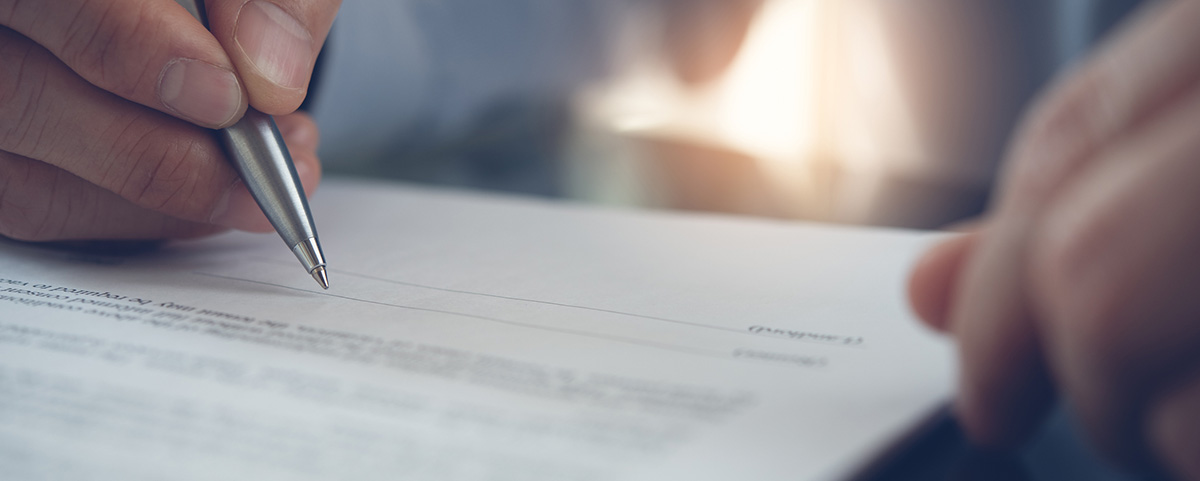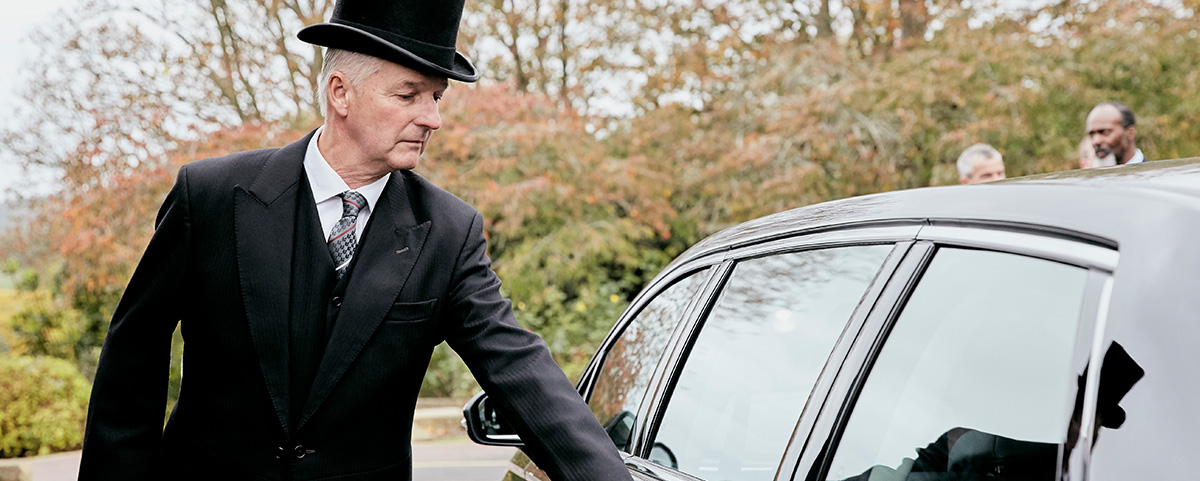What to do when someone dies
Knowing what to do when someone dies can seem overwhelming, so we’ve created a collection of guides to help you navigate this difficult time. We’ve included guides about what to do directly after the death, from finding a Funeral Director and registering a death to cancelling accounts.
Having a Funeral Director by your side as early as possible will give you the support you need to get through the funeral arranging process. You can call your local funeral home and we’ll be happy to talk you through your options, funeral costs and answer any questions you may have.
Search for funeral homes in your area
Step by step guide
You can contact a Funeral Director at any stage, but will need a medical certificate of cause of death for a funeral to take place.
If someone has died at home and the death was expected
You can contact their doctor, who will come out to confirm the death in person. If the person has died at night or out of hours you can call 111 and request an on-call medical professional who will assist with this. The doctor will issue a medical certificate of cause of death.
If someone has died at home and the death was not expected
If someone has died unexpectedly at home, you will need to call 999 for assistance. They will will arrange for the coroner (or procurator fiscal in Scotland) to investigate the cause of death. The coroner will also issue a medical certificate of cause of death once the investigation is completed.
If someone has died in a hospital or hospice and the death was expected
The hospital or hospice staff will arrange for a doctor to issue a medical certificate of cause of death. They should keep you informed and let you know when the certificate is ready to collect.
If someone has died in a hospital or hospice and the death was not expected
If a death was not expected then an investigation will need to take place into the cause of death. There may be a post-mortem and a coroner will be involved to investigate and issue the medical certificate of cause of death. The hospital or hospice staff will make arrangements for this to take place.
If your loved one had a Funeral Plan in place, they will have nominated a Funeral Director or funeral arranging service. You can contact their chosen Funeral Director to arrange the funeral as planned.
As long as the payment requirements have been met, their plan will cover the cost of certain agreed elements of the funeral and guide you on your loved one’s wishes.
Once a medical certificate of cause of death has been obtained, your Funeral Director will arrange to bring your loved one into their care.
If you have not already done so, find a local Funeral Director. Your Funeral Director will ask for a few details about yourself and the deceased and support you through the process, answering any questions you might have.
When you are ready, your Funeral Director will begin the process of arranging the funeral with you. They will discuss your options, considerations and costs and support you through the arrangement process.
You will need to register the death at a Registrar’s Office. This must be done within 5 days in England, Wales and Northern Ireland and 8 days in Scotland.
If you’re unsure of where to go or what documents to take with you, your Funeral Director will be able to provide guidance.
If there is a Will in place, the named executor will handle the estate, otherwise an administrator will be appointed.
Handling an estate can take a long time and be complicated. If you have any questions about Wills and Probate, you can contact the National Bereavement Service for support
Guides
If you need assistance with any part of the funeral planning process or bereavement support, our friendly and caring teams can assist.





